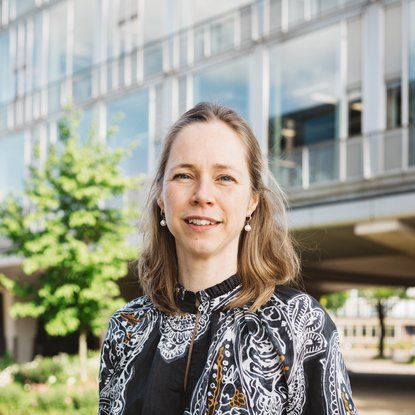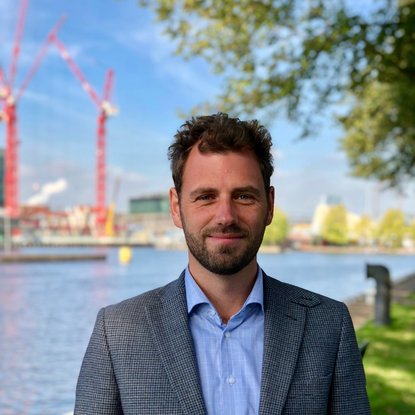Much attention is given to fairness and equity in the smart city, whether algorithmic bias, surveillance or socio-economic inclusion. This talk directs attention to an explicitly spatial component of the smart city apparatus: sensor networks and the emergence of coverage gaps—or sensor deserts. How are cities and other stakeholders to make decisions about placement and where does coverage of vulnerable groups and places fit in? The talk provides a conceptual overview of the sensor location-spatial inequality dilemma, gives a case study example from Newcastle upon Tyne in the United Kingdom, introduces a decision support tool prototype, and concludes with some thoughts for both researchers and those on the ground working with smart city sensor networks, including local governments, policymakers, and community groups.
Biography Rachel Franklin
Rachel Franklin is Professor of Geographical Analysis in the Centre for Urban and Regional Development Studies (CURDS) at Newcastle University and the University Lead for Newcastle at the Alan Turing Institute, where she is also a Fellow. Her primary research focus is in spatial demography and the interplay between spatial analytics and demographic change, in particular quantifying patterns, sources and impacts of spatial inequality. Prior to Newcastle, she was at Brown University in the U.S. for eight years, where she was Associate Director of Brown’s Spatial Structures in the Social Sciences (S4) initiative.
Agenda
- 15.45-16.00: Walk-in
- 16.00-16.30: Seminar by prof. dr. Rachel Franklin, Newcastle University
- 16.30-16.40: Discussion led by Thijs Turèl (AMS Institute) and Jake Blok (Digital Rights House Amsterdam Foundation)
- 16.40-16.55: Questions
- 16.55-18.00: Drinks
Registration
You can register through Eventbrite. Be quick, seats are limited!

